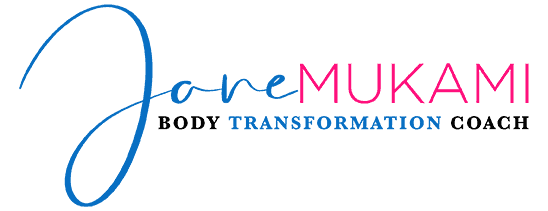Thinking about going vegetarian?
Vegetarian is a blanket term that caters to different types of meat consumption habits and variations.
Types of vegetarians:
- Vegan – Do no consume any animal product
- Lacto vegetarian – consumes dairy products (cheese, yoghrut) only
- Ovo vegetarian – consumes eggs only
- Lacto-ovo vegetarian – consumes both dairy and eggs no meat
- Pescatarian – consumes only sea food
- Pollotarian – consumes only poultry and fowl
- Vegan – Does not consume any animal products (dairy, eggs, meat)
- Raw foodist – is a vegan that consumes only raw fruits, vegetables and nuts. No cooked food.
Eliminating or reducing meat consumption has a lot of great benefits:
- Lowered risk of heart disease
- Lower risk of kidney stones
- Lowers cholesterol levels
- Reduced levels of blood pressure
- Sustainable weight loss when done right
Vegetarian myths:
- Going vegetarian means weight loss – Not true! You can eliminate meat from your diet but binge on junk foods such as pizza, cookies, potato chips etc
- Being vegetarian means consuming lots of vegetables. As much as vegetables are consumed one needs to find reliable types of protein or replacement for meat such as beans, lentils, mushrooms, eggs, tofu, tempeh, seiten etc.
Let’s take a closer look at some of the main vegetarian do’s and don’ts that you need to know. These rules apply to those vegetarian groups that don’t consume any animal products or that eat them in minute quantities.
- Track Your Calories
One of the most important things you must do as a vegetarian is track your calories. Most people who make this transition go one of two directions:
- They remove all the normal meat-containing foods they eat and feast on not much other than salads and fruits. While healthy, they are seriously lacking in nutrients and calories. Remember, you still need to find good sources of energy on the vegetarian diet.
By tracking your calories, you can ensure you are getting your needs met.
- They eat an overabundance of processed foods that are meat free and end up gaining weight because of it. Here again, tracking calories will help you get around this and ensure your weight stays in check.
- Be careful of loading up on simple carbs
Speaking of processed foods, that brings us to our next don’t. Remember, if it wasn’t smart to eat before you became vegetarian, it’s not smart to eat now either. This means that chocolate cake that is meat free is not a wise idea vegetarian or not.
Likewise, plates and plates of pasta with tomato sauce will add up. Try and avoid loading up on too many simple carbs. Focus on a diet full of beans, lentils, whole grains, fruits, vegetables, seeds, and nuts. This will do you far better in the long run.
- Add Healthy Fats
It’s also important to remember to eat plenty of healthy fats. While they are calorie dense, your body is going to need them for energy and you can often get good sources of protein from healthy fats as well.
Nuts and seeds for example are a great vegetarian protein source and will give you the heart-healthy mono-unsaturated fats that you need.
Some vegetarians still fear fats out of worry of weight gain but you really must get past this if you are going to go on to be healthy.
- Supplement
Finally, don’t overlook supplementation. There are a few nutrients that can be very hard to get as a vegetarian (especially vegans) that you may need to add a supplement for. These include things like calcium, vitamin D, vitamin B12, zinc and omega-3 fatty acids.
Unless you are specifically looking for vegetarian friendly sources of these, you are best off simply supplementing. It’ll save you from suffering deficiencies down the road.
So keep these do’s and don’ts in mind as you go through your vegetarian diet plan. Make sure that you are following this list for optimal success with this new way of eating.

Wow NYC blog thea…protein for vegans….now I know